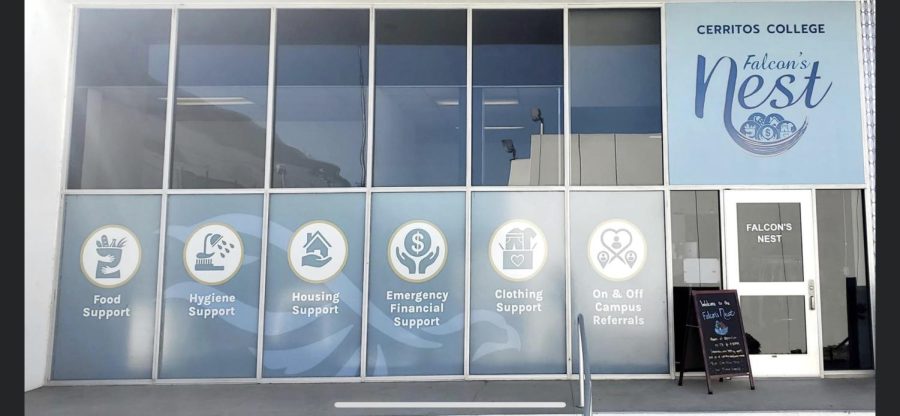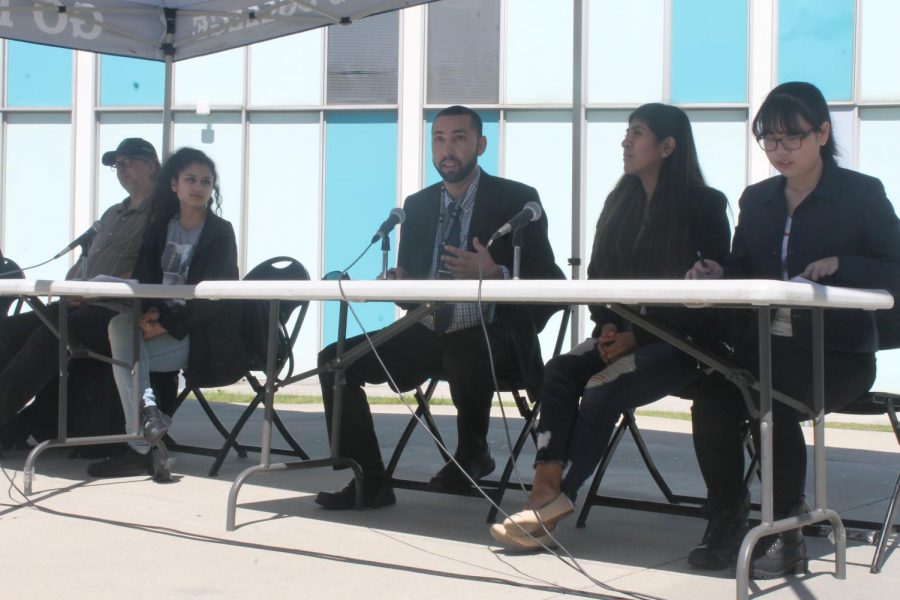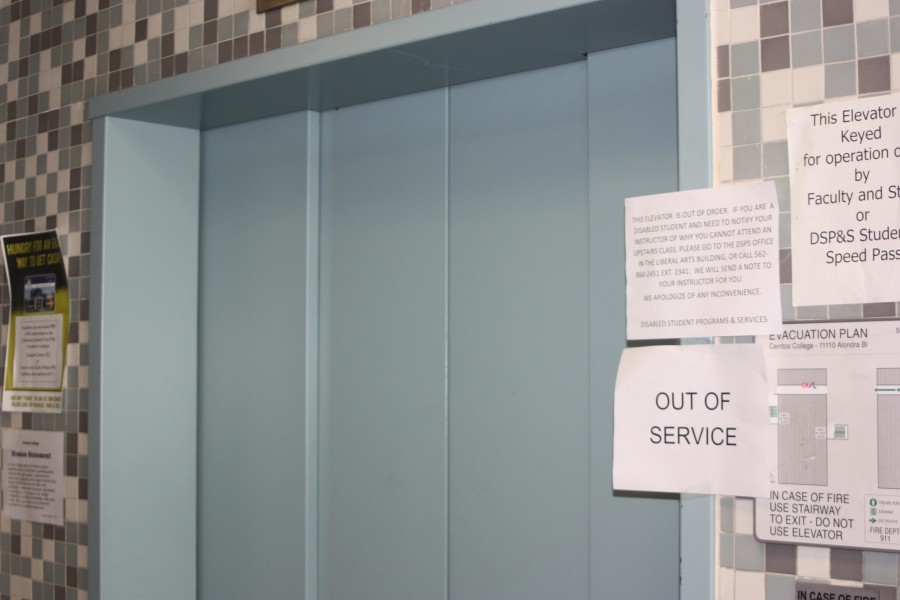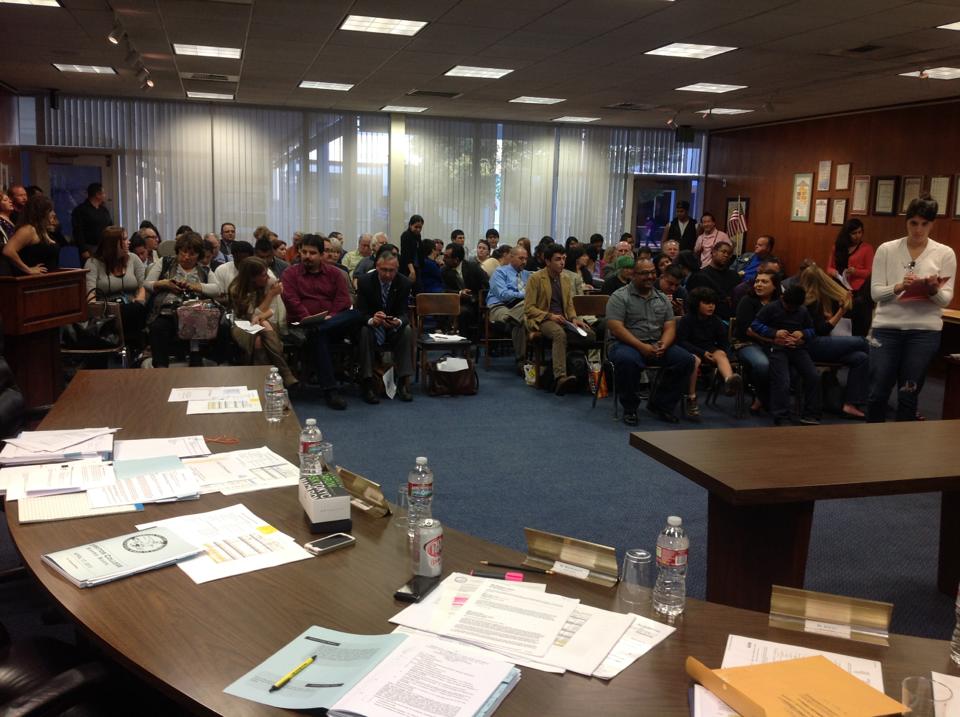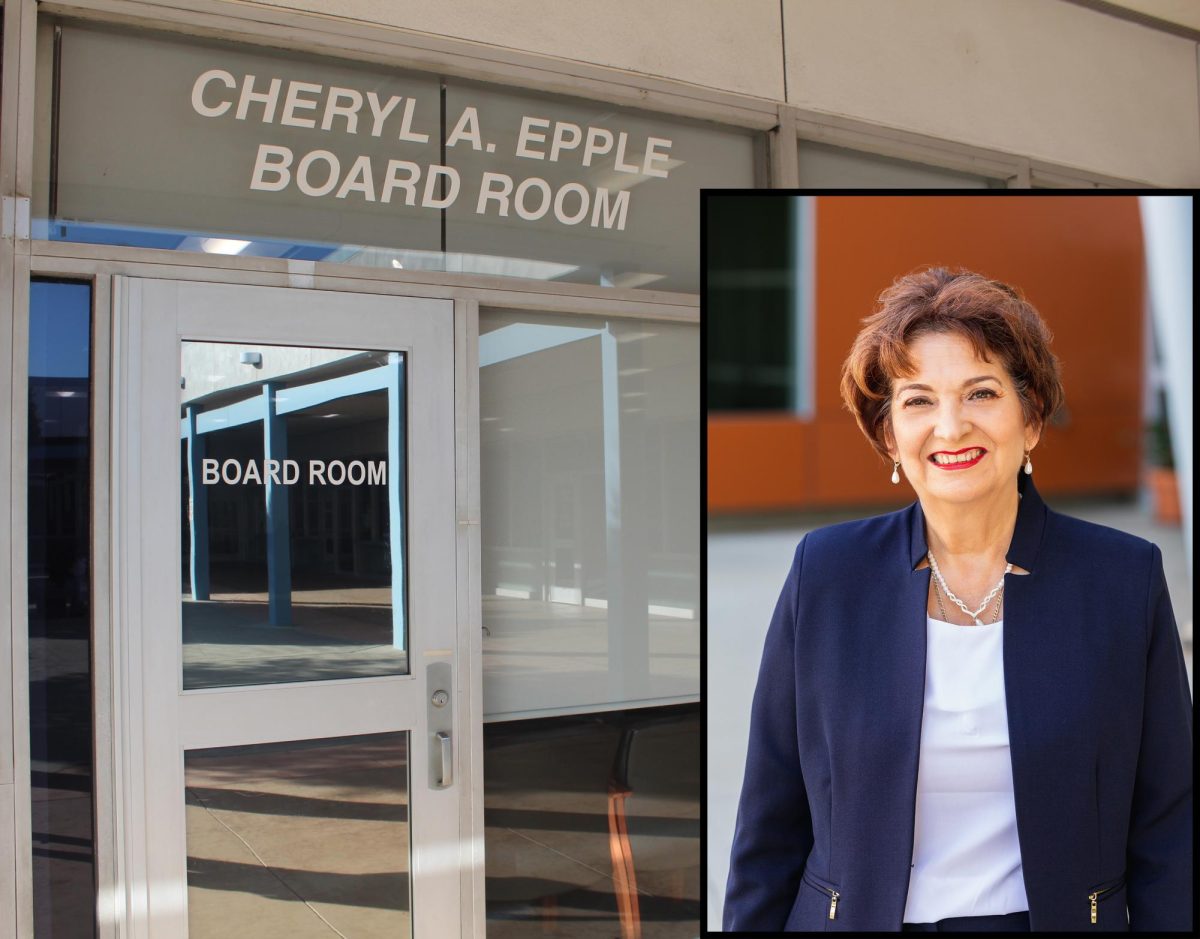Karla, a former Cerritos College student who asked for her full name not to be disclosed for fear of deportation, has had her fair share of experiences and struggles being an undocumented student. Even after graduating from Cerritos, she discovered certain economic issues while at the university level.
“I couldn’t really afford to join certain organizations or honor societies because of my financial situation. I always found myself struggling to have the resources that I needed like when I needed to buy textbooks or sometimes even having to purchase food,” she said.
However, students like Karla will soon not have to worry about struggles such as these.
Gov. Jerry Brown has signed AB 131, the second part of the California Dream Act, into law on Saturday, completing the approval of the legislation.
This legislation, which will take effect on Jan. 1, 2013, will allow undocumented students attending California colleges and universities to apply for and receive financial aid, including Cal Grants.
In a statement released on Saturday, Brown said, “The Dream Act benefits us all by giving top students a chance to improve their lives and the lives of all of us.”
In order for undocumented students to qualify for the new law, they must first qualify for bill AB 540, which gives lowered tuition costs for undocumented students.
According to Dean of Student Support Services Kim Westby, the Board of Governors Fee Waiver will also be a service that will be available to AB 540 students.
Westby also mentioned that the new law can serve as a tool to motivate undocumented students to continue their education.
She said, “These students will now be encouraged to go to college because there is some funding available for them.
“In the past, if they weren’t able to go to college because they couldn’t afford it, now there’s an opportunity for them to come.”
Karla also mentioned that one issue she encountered was being ineligible for certain privileges as a student.
“One concern that I had was if I was qualified for certain programs or be able to be paid for certain research that I did.”
The approval of AB 131 comes off the heels of the approval of AB 130, a complementing measure which will allow undocumented students to receive privately-funded scholarships after qualifying for AB 540 status.
According to the California Student Aid Commission, there is an estimated annual amount of 10,000 students who will apply for financial aid; 9,200 of those students would receive financial aid award offers and 5,500 would actually receive a financial aid award.
Judy Heiman, principal analyst for the California Legislative Analyst’s Office, mentioned that there are some conditions as to what could impede the CSAC’s criteria for projecting these numbers.
“Oftentimes, students will apply and be offered a grant, but if they don’t enroll [for classes] or enroll full-time, they don’t qualify for the award.”
Heiman also mentioned that the CSAC projects that $23-$40 million per year will be spent to fund the Dream Act.
Undecided major Nicholas Hernandez believes that the approval of the Dream Act is a sign of bigger things to come for undocumented students who can benefit from the new legislation.
“More than half of students who come to a school like this don’t have papers and they come here to study and open doors to the future but most of them are paying out of their own pocket.
“It will be a lot better for them; they won’t have to put such a strain on their wallet,” Hernandez said.
Karla, who is still pursuing higher education, plans to take full advantage of the Dream Act’s benefits.
“I’m definitely looking forward to continuing my education without having to worry about whether I’m going to have enough money for gas to get to school or whether I’m going to have enough money buy one of my textbooks,” she said.
Sharing words of advice for undocumented students entering college in the future, she said, “Find their [undocumented students] campus and community resources because those are the people that are going to be able to direct them to scholarships and to advisers who will understand their current situation and will be supportive regardless of what their status is.”







